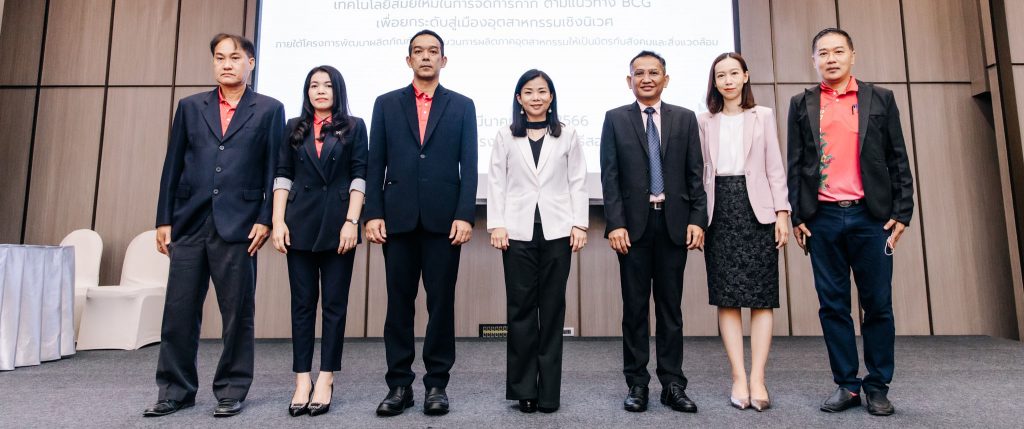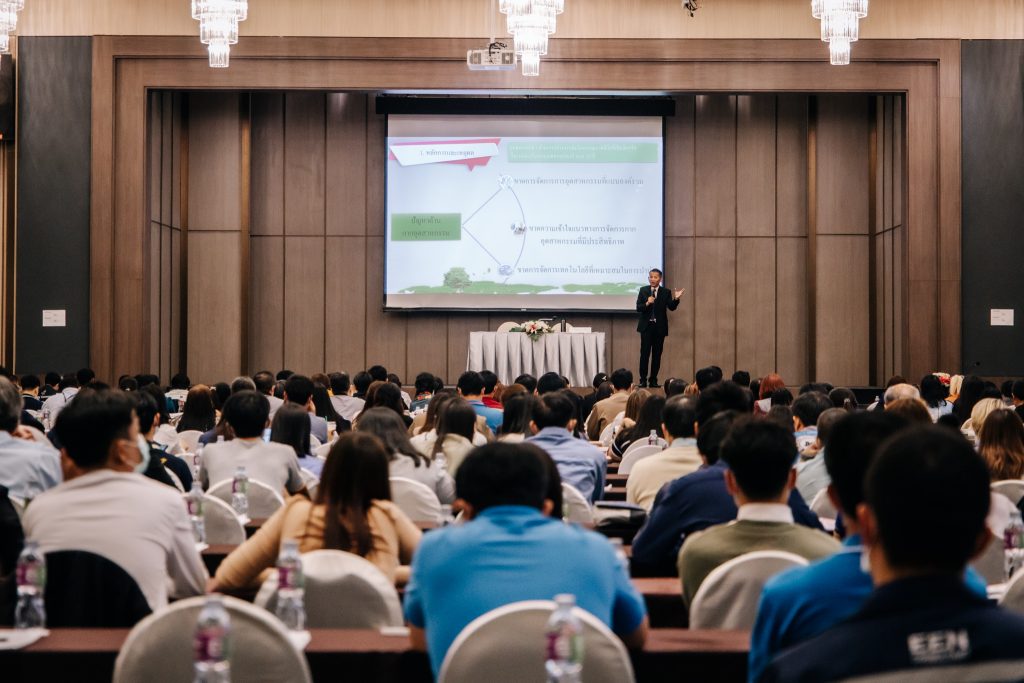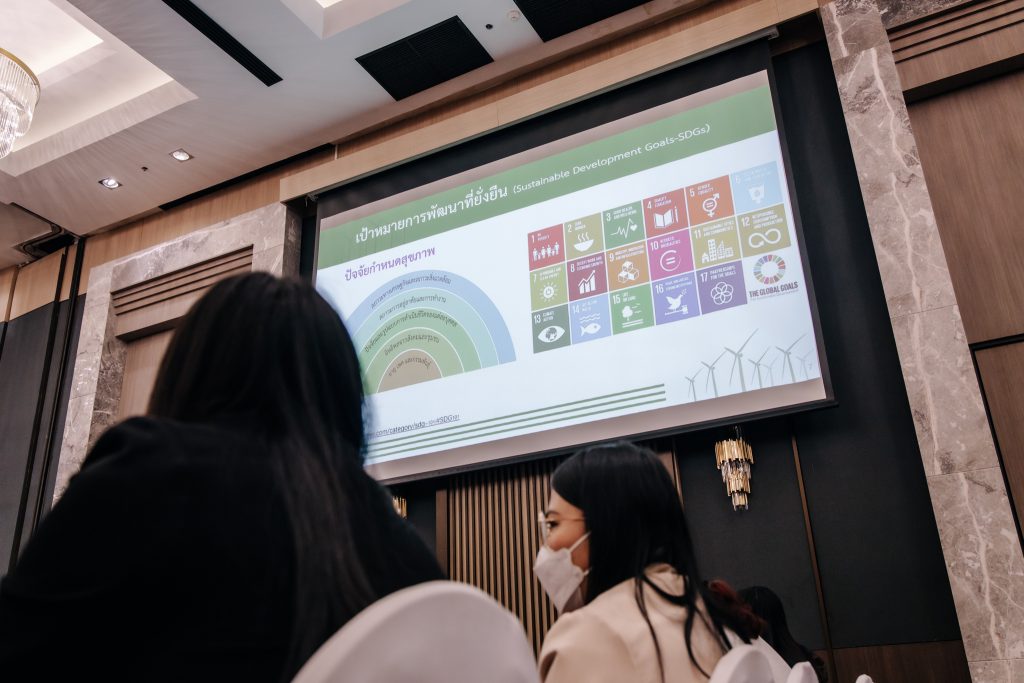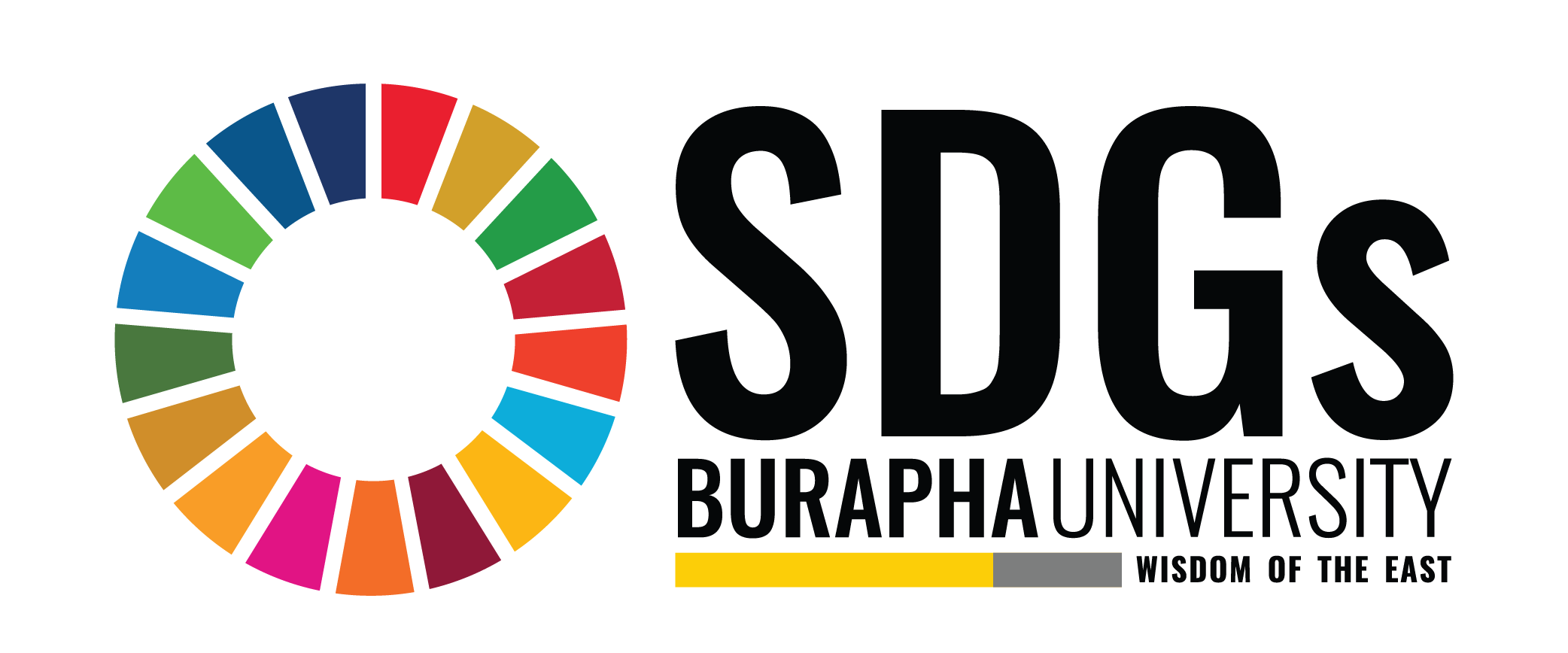Outsourcing a company to implement the project with the aim of developing products and industrial production processes that are environmentally and socially friendly

Based on the 13th Economic and Social Development Plan and the 20-Year National Strategy, the fifth Strategy on Eco-Friendly Development and Growth on a quality of life that is environmentally friendly as well as the current situations, it is evident that there is a growing concern over climate change and the phenomenon of greenhouse gas emissions. Particularly, there are significant issues related to waste from industrial processes, which continuously increase in quantity. The key problem is the lack of a proper industrial waste separation system or inadequate disposal methods based on scientific principles. Therefore, development of new innovations from unused resources through clean production technology, such as the 3R (Reduce, Reuse, and Recycle), or environmentally friendly products by transforming industrial waste into new products, becomes essential. Implementing a circular economy system is a crucial factor in achieving the aforementioned goals.



Currently, many countries around the world, both in the public and private sectors, have adopted and tailored the concept of the Circular Economy to suit their own contexts. It is considered a sustainable development approach for the economy, society, and environment of a country. This sustainable development involves three simultaneous economic models known as the BCG Model: the Bio Economy, the Circular Economy, and the Green Economy. The Circular Economy involves the reuse of unused resources and their transformation for future utilization. It also emphasizes the introduction of innovative ideas to generate economic value while mitigating environmental issues. This approach aims to upgrade industrial factories into green factories (known as Green Industry) within the Eastern Economic Corridor (EEC) region, which is experiencing rapid industrial growth. Furthermore, the government places importance on developing Eco Industrial Towns, the economic development and environmental sustainability of industrial estates, to minimize the environmental impact and alleviate community grievances associated with industrial activities.
Chonburi province has set goals for the development of eco-industrial towns, which has prompted relevant agencies to work on eco-industrial town development in line with their responsibilities. The focus is on promoting and developing environmentally friendly industrial sectors for the society.
In collaboration with the Office of Industrial Affairs of Chonburi Province, Burapha University has organized a practical training workshop on modern technology for managing industrial waste based on the BCG approach, aiming to elevate Chonburi to an eco-industrial town. The workshop took place on March 14, 2566, at Pacific Hotel & Resort, Sansuk Subdistrict, Muang District, Chonburi Province. There was a total of 447 participants attending the event, and 65 online participants. The purpose was to disseminate knowledge to the industrial sector, contributing to the enhancement of quality of life within the community and creating a better society.
By Academic Service Centre, Burapha University
